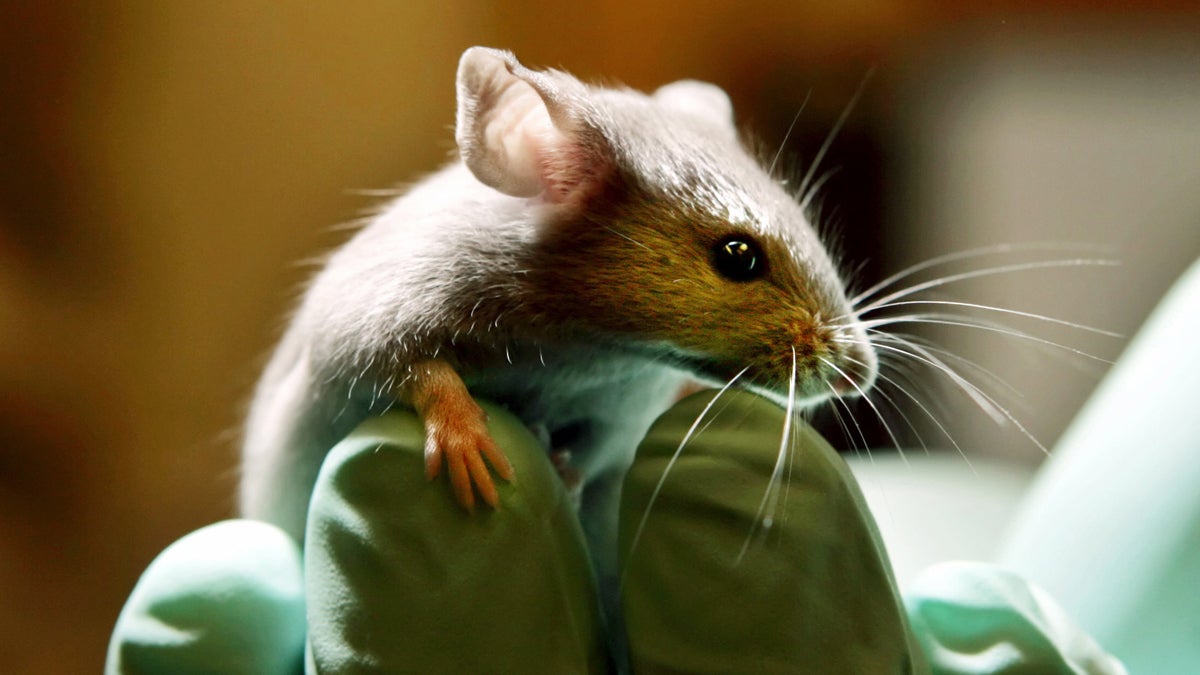Chronic sleep deprivation kills off neurons in mice, Penn team finds

Researchers found that stimulating a specific region of mice’s brains called the entorhinal cortex decreased their symptoms of depression.(Robert F. Bukaty/AP Photo, file)
Catching up on lost sleep is a favorite pastime of students and night-shift workers. But if the human brain is anything like that of mice, it might not be possible to fully recover from a particularly long stretch without some shut-eye.
In a study in the Journal of Neuroscience, researchers at the University of Pennsylvania reported that mice missing eight hours of sleep for three days in a row ended up losing a quarter of their neurons in a region of the brain stem called the locus ceruleus.
Senior author and neuroscientist Sigrid Veasey said this is the first report of sleep loss leading to cell death.
“One little cell in the locus ceruleus may have thousands and tens of thousands of connections all through the whole cortex, sort of fanning out through the whole brain,” she said.
The cells are highly active and help keep you focused while you’re awake.
One reason these neurons are susceptible, Veasey said, is that they don’t have as much of a special protein known as SirT3 that usually protects them.
“SirT3 is this really important protein for making sure that the mitochondria stay healthy, and that there’s the appropriate balance of energy production and clearance of the free radicals,” she said.
The team found that mice naturally made more of this protein after a short amount of sleep loss. But with chronic sleep loss, production dropped.
It’s not yet clear whether humans also lose neurons after extended sleep loss, or how many other other areas of the brain might be affected, but SirT3 may be a good target for therapies.
“We do live in a 24/7 society, so people will always have to work night shifts in hospitals, and firefighters, and military personnel,” said Veasey. “Because of that we really do have to come up with ways of protecting these cells.”
In the meantime, Veasey said, it’s always better to err on the side of getting more sleep rather than less.
WHYY is your source for fact-based, in-depth journalism and information. As a nonprofit organization, we rely on financial support from readers like you. Please give today.

